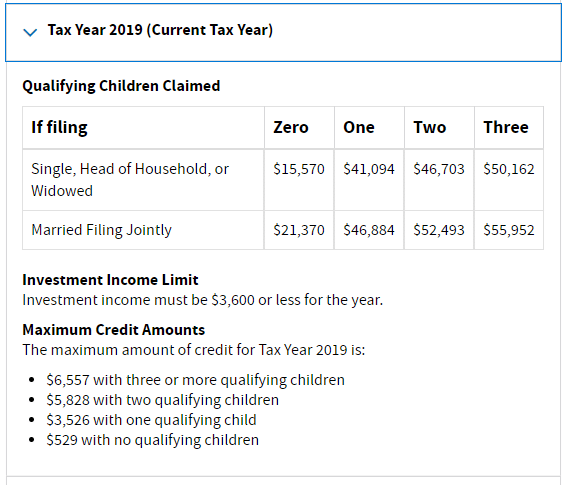Many taxpayers save a lot of money with the Earned Income Tax Credit (EITC). This common tax credit can make your refund bigger or, if you owe, it could help you save on your year-end tax bill. While the EITC is a common tax credit, you need to meet certain criteria to qualify for it. Here we will discuss the requirements for the Earned Income Tax Credit and how you can claim it if you qualify.
Tax Credit vs Tax Deduction
Tax credits are important because they help lower your tax bill. They work by reducing the amount you owe in taxes dollar for dollar, as opposed to tax deductions that lower your taxable income. There are many tax credits available, each has certain requirements that must be met in order to qualify for the tax credit. There are two types of tax credits, refundable and nonrefundable. A refundable tax credit allows for any remaining balance of the tax credit to be returned to the taxpayer. A nonrefundable tax credit can only reduce the amount of tax owed, any remaining amount of the tax credit is not refunded to the taxpayer.

What Is The Earned Income Tax Credit?
The earned income tax credit, also known as the EITC reduces taxes for low to moderate-income workers. The EITC is a refundable tax credit, meaning that any residual value is refunded to the taxpayer. After the Earned Income Tax Credit is applied, the remaining balance is returned via a tax refund. This credit is available to all regularly employed taxpayers, even if they do not owe any taxes.
How Much Is Earned Income Credit
The amount of the EICT ranges from $529 to $6,557. The amount you receive depends on several factors; your filing status, your earned income, and the number of dependents you have. You don’t have to have dependents in order to qualify, however, the more dependents you have, the higher the tax credit.
Who Qualifies for Earned Income Credit
When it comes to tax credits, each tax credit has certain criteria that must be met in order to be eligible for the tax credit. In the instance of the EICT, the requirements are as follows:
- You must have an earned income of at least $1. Pensions and unemployment do not count.
- Nobody can claim you as a dependent.
- You must be between the ages of 25 and 65.
- Investment income can not be greater than $3,600.
- You must have resided in the US for more than half of the year.
- Married couples filing separately, cannot claim the tax credit.
- If you file form 2555 (Foreign Earned Income) or form 2555 EZ (Foreign Earned Income Exclusion) you are not eligible for the tax credit.
Earned Income Credit 2019
In order to claim the EICT, certain income limits apply. These income limits recently increased significantly due to the Tax Cuts And Jobs Act. This year, the income limits saw a slight increase to reflect inflation. The new income limits for the 2019 tax year are:

How Do I Claim EITC?
To claim the EITC you will need to gather all of the relevant information. This includes income statements like W-2’s and 1099’s, social security numbers of dependents, and birth dates of dependents. You will need to determine your filing status and calculate your earned income before determining your eligibility for the earned income tax credit. To claim the credit you must file Schedule EIC along with your 1040.
When preparing your taxes and claiming the EITC it is important to make sure you are accurately reporting the information. Mistakes can result in a denial of the EITC. Some common mistakes to watch out for include:
- Claiming a child who does not meet the qualifying age and relationship requirements.
- More than one person claiming the child.
- Social security number or name mismatches.
- Filing as a single or head of household when married.
- Over or underreporting of income.
Mistakes when claiming the EITC can result in an audit, additional tax payment, penalties, and interest. So, take your time and make sure all of the information is accurate. In addition, if you didn’t claim the EITC for previous tax years, and believe that you are eligible you can still file an amended tax return as far back as 2015.
Get Help With Your Taxes
If you’re not sure whether you qualify for the earned income tax credit, you don’t have to go it alone. A professional tax advisor can determine your eligibility and assure that you’re getting the best possible deal on your taxes. Schedule a free one-on-one strategy session with a Shared Economy Tax pro today to get a personalized take on your tax situation, or sign up for our complimentary newsletter for more tax tips.